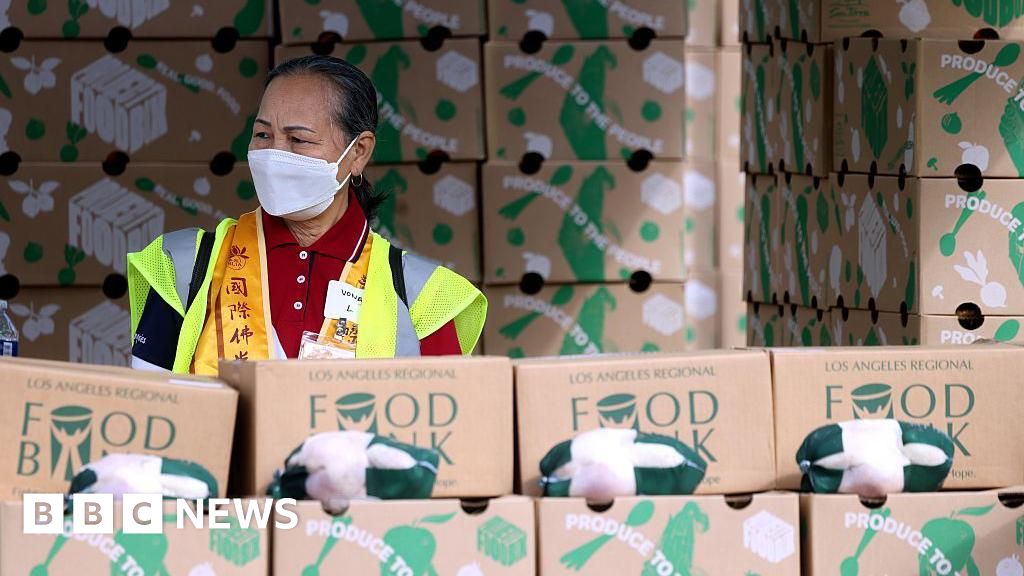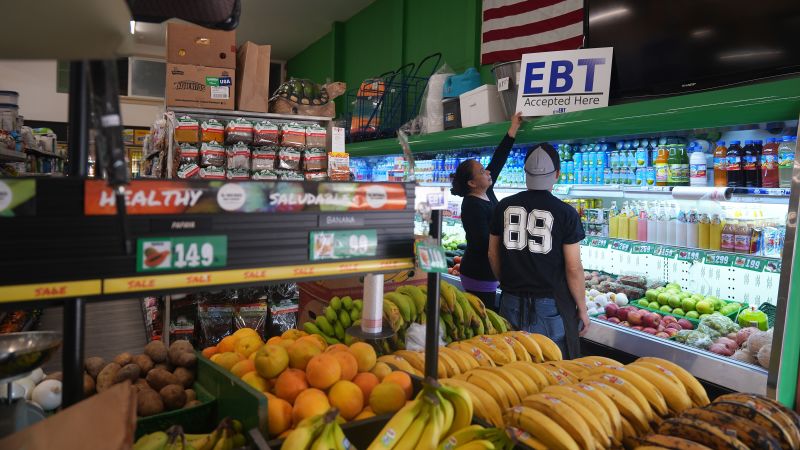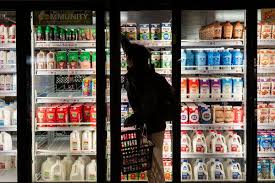A recent ruling by a federal judge has commanded the Trump administration to fully finance the federal Supplemental Nutrition Assistance Program cSNAPc, commonly referred to as food stamps, following a contentious battle rooted in the ongoing government shutdown. Judge John McConnell articulated that the withholding of essential food aid "for political reasons" was unacceptable and put at least 16 million American children at immediate risk of hunger. This program is a critical support system for approximately 42 million Americans, aiding those with low income to afford groceries.
Initially, the administration had planned to entirely cease funding for SNAP due to the prolonged government shutdown, which currently stands as the lengthiest shutdown in U.S. history. However, Judge McConnell's order compelled the administration to release at least a partial payment. The judge criticized President Trump for suggesting that benefits would only be distributed once the shutdown concludes, branding it as an attempt to flout the court order.
In response to a plea from numerous local governments and non-profit organizations, the judge not only granted the request for full food benefits but also emphasized that any further delay in providing assistance would be deemed unacceptable. The judge rebuked the administration, highlighting that they were aware of the prolonged delay in paying partial SNAP benefits and disregarded the detrimental impacts it would have on recipients.
While the White House has yet to respond to the latest court decision, following initial statements indicating a plan to withhold aid until the shutdown's end, the administration clarified that they would adhere to the judge's order. Democracy Forward, the advocacy group at the forefront of the lawsuit, lauded the judge's ruling as a "major victory," emphasizing the imperative for the administration to immediately issue the SNAP payments they are obligated to provide.
The SNAP program, which supports over 42 million Americans, had been in a state of uncertainty throughout the protracted shutdown. Although individual states administer the benefits, the program relies on federal funding. With the federal government unfunded since October 1st, the USDA announced its decision not to disburse food-assistance funds at the start of November, citing an exhausted funding allocation.
The legal battle saw half of the states and the District of Columbia filing suit against the administration over the freeze of food aid, asserting their legal obligation to sustain the program within their jurisdictions. Federal judges in Massachusetts and Rhode Island ruled that the administration must utilize emergency funds to ensure at least partial payments to Americans. This crucial program, costing approximately $8 billion monthly, enables many low-income Americans to purchase groceries through reloadable debit cards.
In light of the uncertainties surrounding SNAP funding, local governments have been directing recipients to charity food pantries, and cost-saving recipes have gained traction online as Americans seek ways to stretch their budgets in the face of the furloughed assistance. As the situation evolves rapidly, it highlights the critical importance of safety nets such as SNAP in ensuring the well-being of vulnerable populations during times of crisis.



